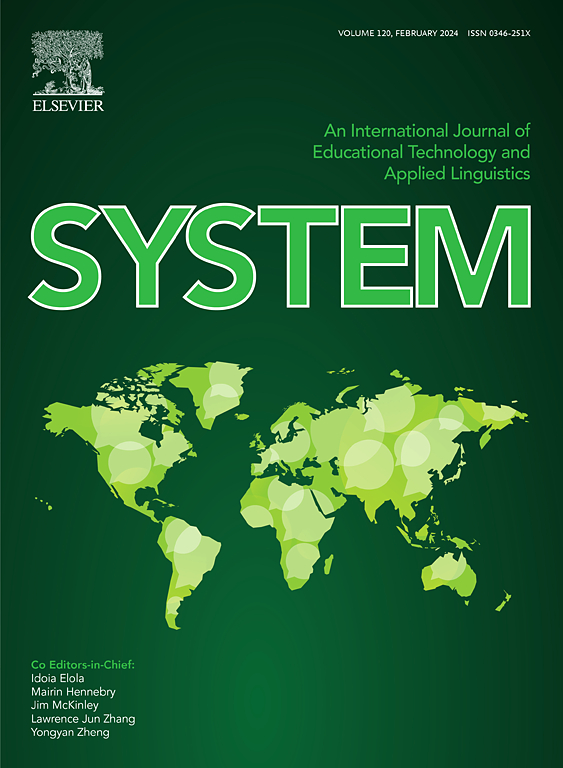揭示长非编码 RNA 在慢性热应激诱导的肉鸡肌肉损伤中的作用
IF 7
1区 农林科学
Q1 Agricultural and Biological Sciences
引用次数: 0
摘要
慢性热应激(CHS)是一种有害的环境应激源,对肉鸡的肉质有负面影响。然而,其潜在机制尚未完全明了。本研究调查了 CHS 对肉鸡长非编码 RNA(lncRNA)表达和肌肉损伤的影响,重点关注其对肉质的影响。结果表明,CHS会降低胸肌产量、增加腹部脂肪沉积、诱导细胞凋亡(P < 0.05)并导致肌纤维坏死。转录组学分析发现,正常对照组(NC)与HS组比较有151个差异表达(DE)lncRNA,HS组与PF组比较有214个差异表达(DE)lncRNA,NC组与对饲组(PF)比较有79个差异表达(DE)lncRNA。在排除了饲料摄入量的混杂影响后,发现了68个lncRNA,主要与细胞生长和死亡、信号转导和代谢调节有关。值得注意的是,凋亡相关通路P53、溶酶体和纤维化相关基因TGF-β2被lncRNA显著上调。这些研究结果表明,慢性热应激通过lncRNA诱导细胞凋亡和肌肉损伤,导致结缔组织堆积,这可能是导致肉鸡胸肌产量和肉质下降的原因之一。本文章由计算机程序翻译,如有差异,请以英文原文为准。
Unraveling the role of long non-coding RNAs in chronic heat stress-induced muscle injury in broilers
Chronic heat stress (CHS) is a detrimental environmental stressor with a negative impact on the meat quality of broilers. However, the underlying mechanisms are not fully understood. This study investigates the effects of CHS on long non-coding RNA (lncRNA) expression and muscle injury in broilers, with a focus on its implications for meat quality. The results showed that CHS diminished breast muscle yield, elevated abdominal fat deposition, induced cellular apoptosis (P < 0.05), and caused myofibrosis. Transcriptomic analysis revealed 151 differentially expressed (DE) lncRNAs when comparing the normal control (NC) and HS groups, 214 DE lncRNAs when comparing the HS and PF groups, and 79 DE lncRNAs when comparing the NC and pair-fed (PF) groups. After eliminating the confounding effect of feed intake, 68 lncRNAs were identified, primarily associated with cellular growth and death, signal transduction, and metabolic regulation. Notably, the apoptosis-related pathway P53, lysosomes, and the fibrosis-related gene TGF-β2 were significantly upregulated by lncRNAs. These findings indicate that chronic heat stress induces cellular apoptosis and muscle injury through lncRNA, leading to connective tissue accumulation, which likely contributes to reduced breast muscle yield and meat quality in broilers.
求助全文
通过发布文献求助,成功后即可免费获取论文全文。
去求助
来源期刊

Journal of Animal Science and Biotechnology
AGRICULTURE, DAIRY & ANIMAL SCIENCE-
CiteScore
9.90
自引率
2.90%
发文量
822
审稿时长
17 weeks
期刊介绍:
Journal of Animal Science and Biotechnology is an open access, peer-reviewed journal that encompasses all aspects of animal science and biotechnology. That includes domestic animal production, animal genetics and breeding, animal reproduction and physiology, animal nutrition and biochemistry, feed processing technology and bioevaluation, animal biotechnology, and meat science.
 求助内容:
求助内容: 应助结果提醒方式:
应助结果提醒方式:


